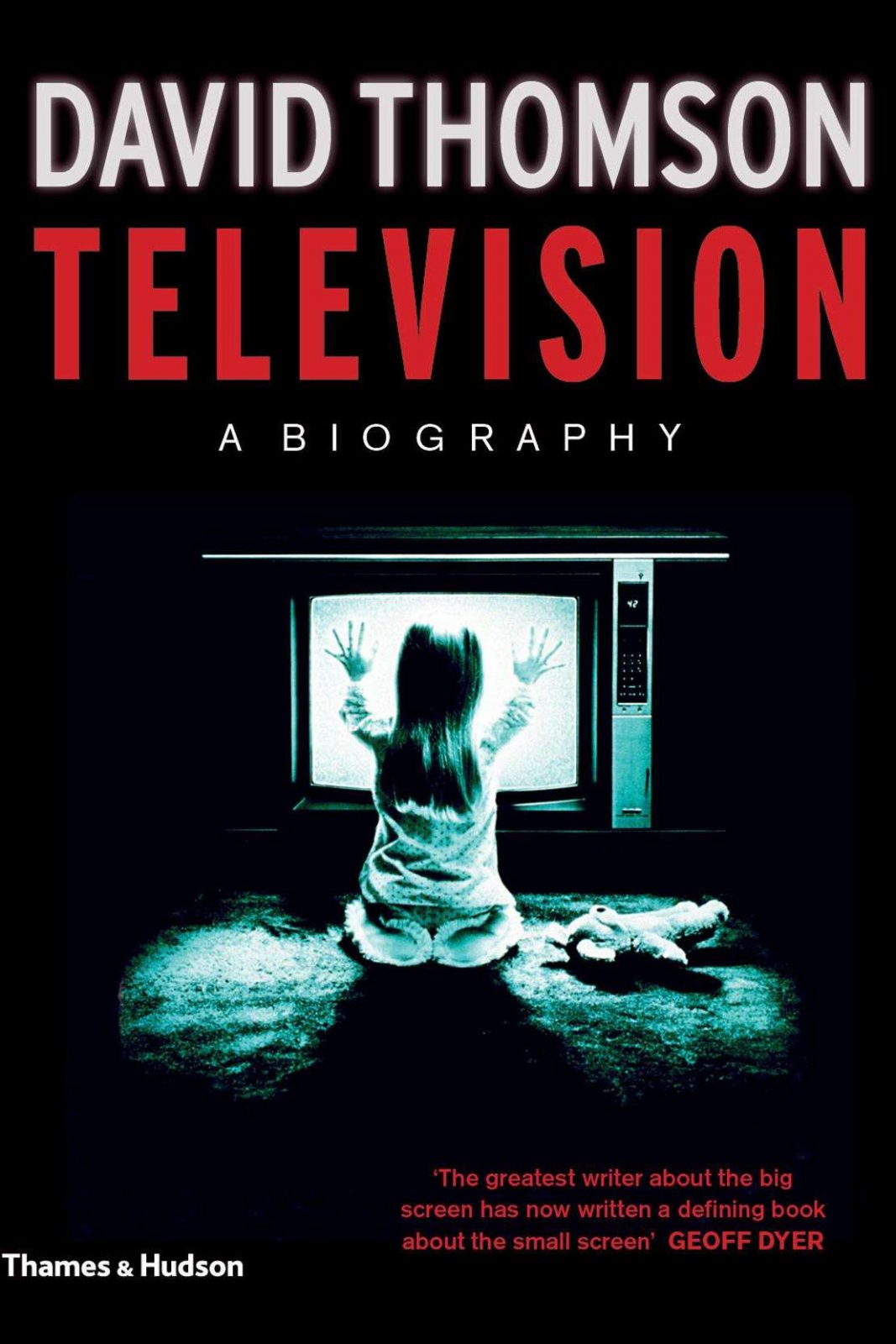
The more data we have, the less we can trust it. This is certainly true in the case of IMDb, the so-called movie database that is increasingly used by students and educators alike. Superficially, it has a history that shouts ‘trust me’: founded by a British film fan Col Needham before the World Wide Web even existed, it lived at one time on Cardiff University’s servers. Though later acquired and monetised by Amazon, Needham remains in charge.








